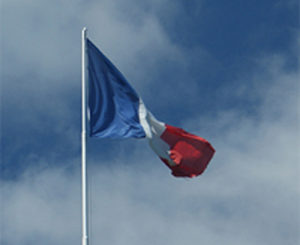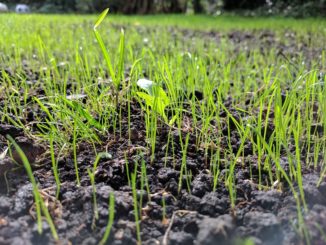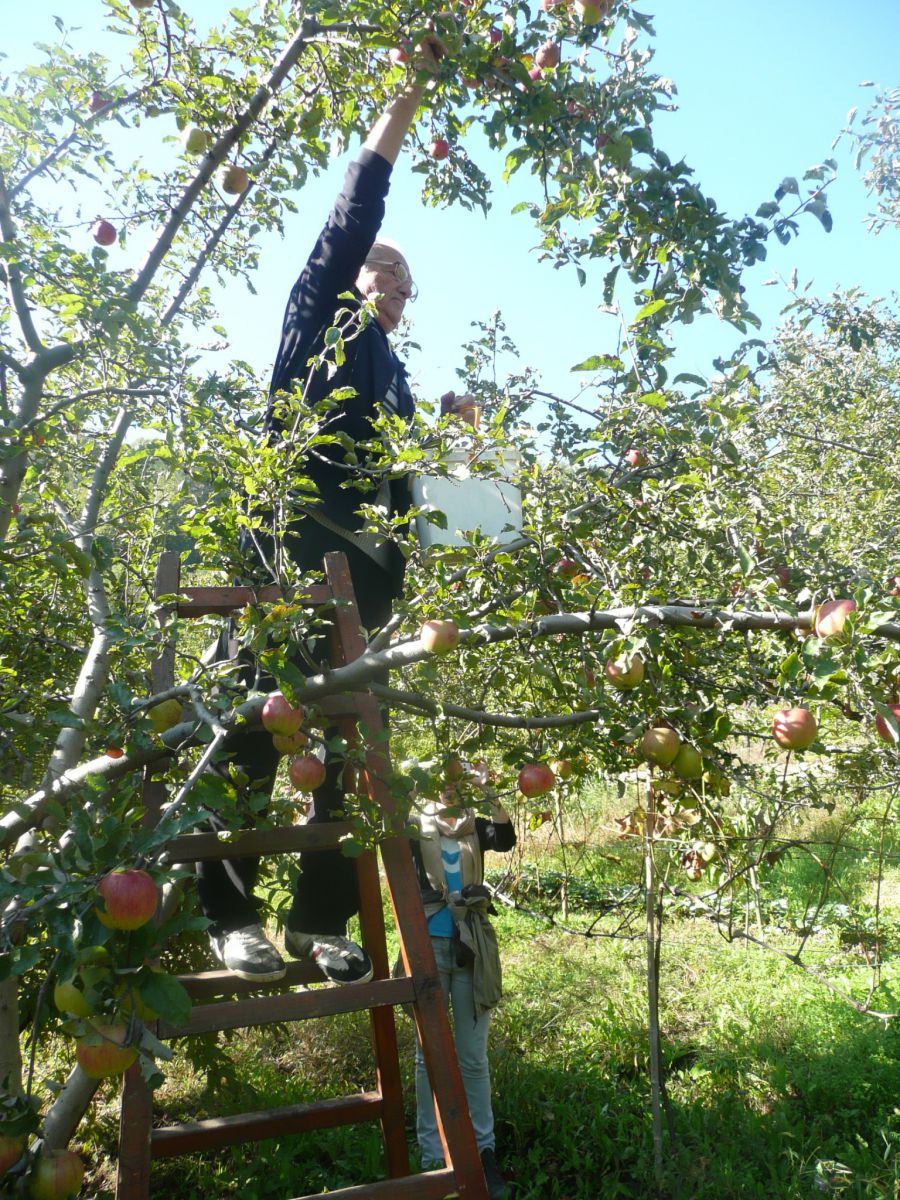
In part II of our report on organic farming in Bulgaria, the ‘Organic Bulgaria‘-Project takes a closer look at the role of the State and the EU subsidies.
Organic agriculture is declared as one of the national priorities in the agricultural policy of the country, but the support of the state (through financial and other incentives) was and is still limited.
Thus the role of the State is also twofold to the extent that for a long period of time there was lack of coordination between legislative, financial and strategic instruments, necessary for the development of OF. Such coordination can be seen after the Bulgarian accession to the EU. After the accession, the structural funds in field of Agroecology proved the main financial incentive for the development of the sector, which until 2010, had been growing at a far weaker pace. Through the EU structural funds, organic farming was gradually transformed from a ‘culture’ and ‘cause’ into regular economic activity. In the period 2010-2012 after the initiation of payments to the operators, OF in Bulgaria experienced a great expansion. Only in one calendar year, the number of the organic operators increased from 1054 to 2016 (MAF:2012).
The role of the organic farming community
OF in Bulgaria appears without the participation of farmers and their organizations, but it is conceived in the academic and non-governmental (consultant) circles. It is only after 2008 that we notice the appearance of different sustainable organizational forms, such as the Association of the organic producers, the Organic products traders association and others. Still, at the level of collective actions, the role of organic community is rather twofold. Although the organic operators have established several branch organizations, the membership rate is rather low – about 5%. That means that the majority of the organic operators do not participate in the development of national policies and measures for supporting the sector. Thus, at this stage, the sustainable development of the organic community institutions in Bulgaria seems to be questionable because it seems to be still dependent on external forces and EU financial support.
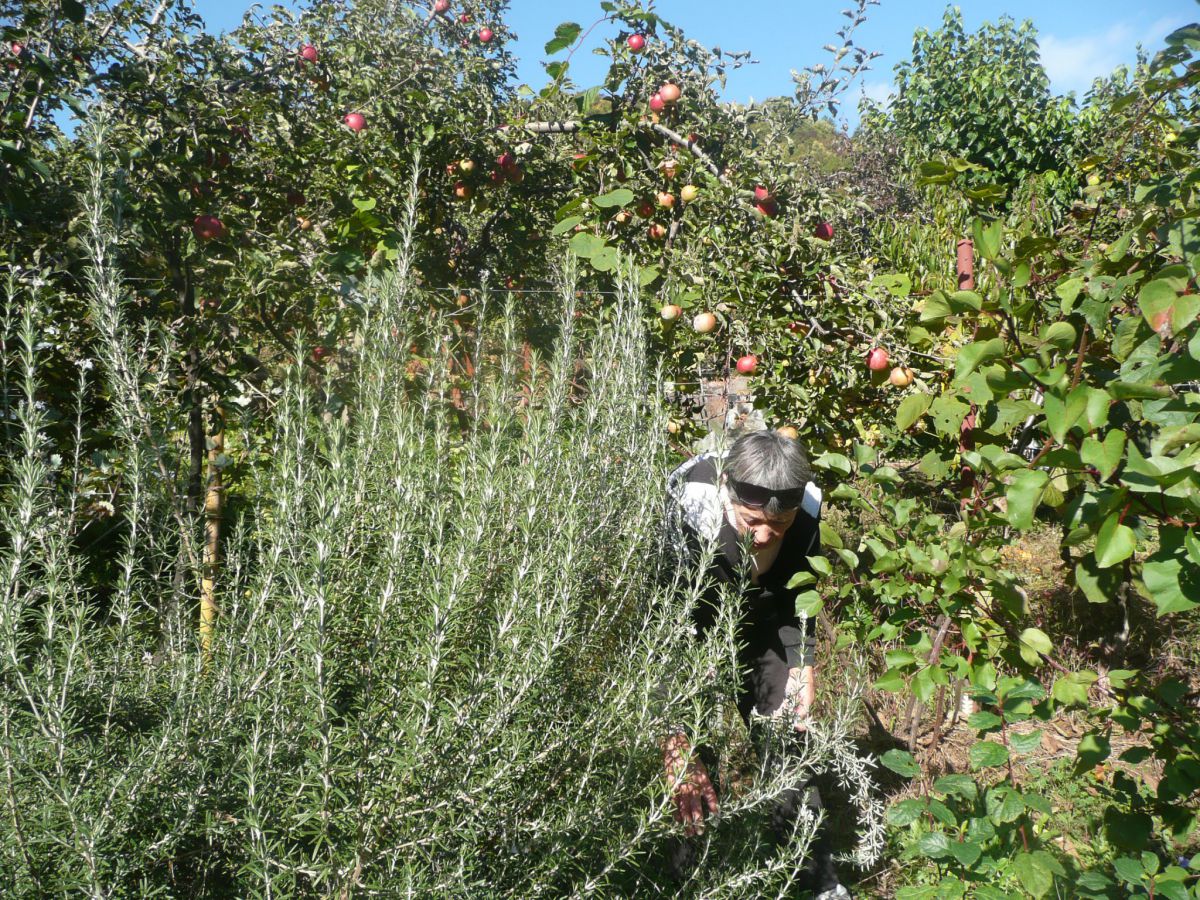
The organic food market
What is challenging to be explained is that the development of national policies, the introduction of financial instruments and organic farmers’ organizations did not encourage effectively the building of organic market in Bulgaria. Indeed, during the last three years we observe an increase of the number of shops and stands for organic products and of consumers’ interest in the biggest cities. However, the high prices of organic production combined with the low incomes in the country are serious obstacle that hinders the development of the domestic organic market. Currently organic food purchases constitute less than 0.5 percent of total food purchases in Bulgaria. The biggest part (90-95%) of the production is aimed for export and not for the local market. However, except for one or two producers there is a lack of an established brand of Bulgarian organic products on national and international markets. The local organic products are exported mainly as primary agricultural commodities and not as end products.
Discussion and further research
The institutionalization of the OF in Bulgaria started at the beginning of the 90’s without the support of a farmer social movement, nor with financial and political resources provided by the state. During the Bulgaria pre-accession period (1990-2006) the building up of the OF sector was strongly supported not by EU institutions and countries. The role of Switzerland appeared to be a leading one in this process. After the accession the role of the State increased through the implementation of national legislation in the field following the requirements for accession to the EU. A number of operators’ organizations and consultancy NGOs are also actively promoting the notion of OF in the country. However, there are evidences showing that the EU structural funds proved to be the main incentive for the development of the sector. Thus we may argue that the top-down institutionalization of the OF however let to contradictory outcomes. Even though after 2010 there is a significant increase in the number of certified organic operators and cultivated land, the sector has not experienced such a growth because of the underdeveloped organic market. Still, whether the European funds manage to contribute to the development not just of a passive type of economic activity (relying on subsidies regardless of the market realization), but of a new type of farming entrepreneurial culture with a potential for strengthening the rural areas in the country remains to be found out in the next stages of the “Bulgaria Organic” project.
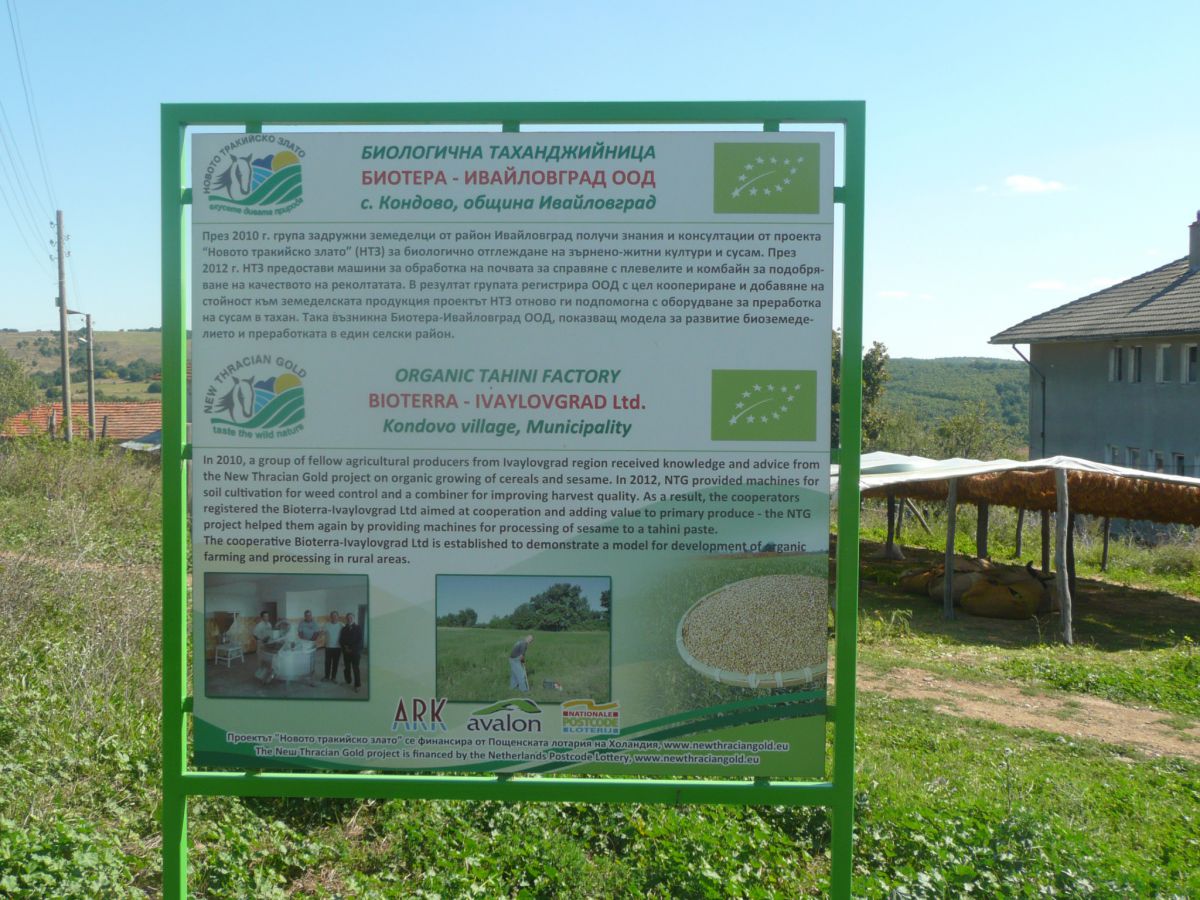
References:
FiBl and IFOAM. (2014). The Word of Organic Farming. Statistics and Emerging Trends. Available here.
Ministry of agriculture and food. (2014) Development of the Organic Farming in Bulgaria
National Statistical Institute 2012
Stoeva, S., Slavova, P., Georgieva, Z. (2013), Institutional development of organic farming in Bulgaria 1990-2013. Country report in the frame of the project Addressing socio-economic regional disparities: the potential of organic farming for strengthening rural areas in Bulgaria (Bulgaria Organic)”
[1] The paper is supported by the Swiss Enlargement Contribution in the framework of the Bulgarian-Swiss Research Programme through the Project “Addressing socio-economic regional disparities: the potential of organic farming for strengthening rural areas in Bulgaria”.
This article was written by Svetla Sroeva, Petya Slavova and Zdravka Georgieva from the Bulgaria Organic Project.


